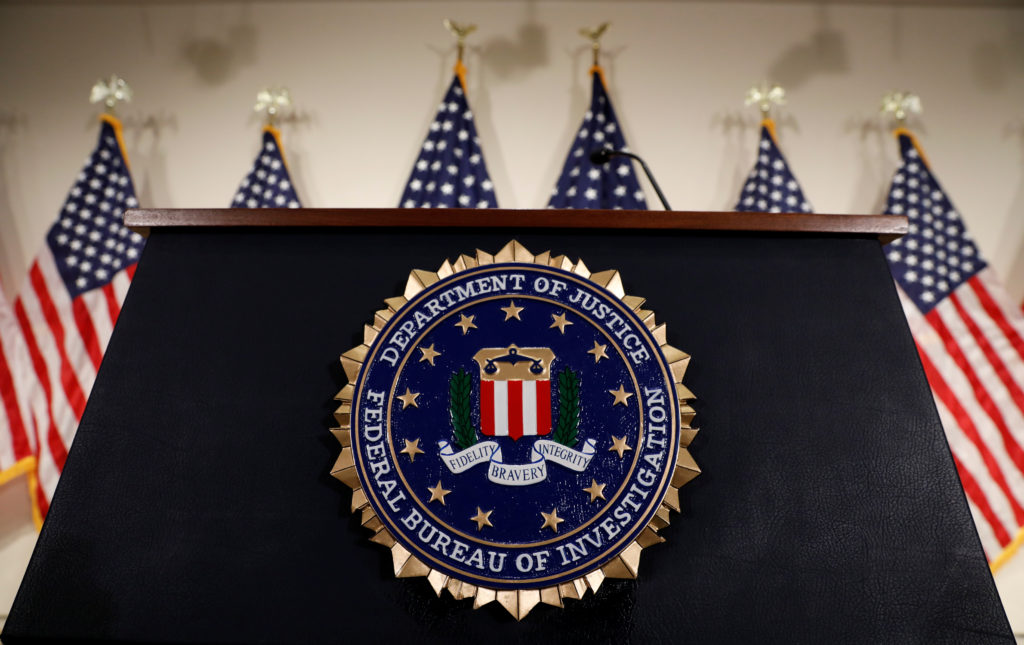
1. The Origins of the FBI
The FBI traces its roots back to the early 20th century, when concerns over national security and crime were rising. In 1908, Attorney General Charles Bonaparte, under President Theodore Roosevelt’s administration, established a special investigative force within the Department of Justice (DOJ) to tackle the growing number of criminal activities beyond the capabilities of local police forces. This force eventually became known as the FBI.
Initially, the FBI's main mission was to combat interstate crime, particularly organized crime, which was proliferating in the early 1900s. However, the scope of its operations would soon expand.
2. J. Edgar Hoover’s Legacy
A defining moment in the history of the FBI came in 1924 when J. Edgar Hoover was appointed as its Director. Hoover's tenure, which lasted until his death in 1972, marked a period of significant growth and transformation for the FBI.
Under Hoover’s leadership, the FBI became a centralized national law enforcement agency. He modernized the agency’s operations, introducing new technologies such as fingerprint databases and forensic science into criminal investigations. Hoover also emphasized the importance of intelligence gathering, expanding the FBI's focus to include counterintelligence and counterespionage activities.
However, Hoover’s tenure was also marked by controversy. His aggressive surveillance tactics, particularly during the Cold War and Civil Rights Movement, raised concerns about civil liberties and government overreach. Hoover’s actions, including the surveillance of political dissidents and public figures, have continued to influence debates about the balance between national security and individual freedoms.
3. The FBI's Role in National Security
As the country entered World War II, the FBI’s role expanded significantly. The agency's counterespionage division worked to protect the U.S. from foreign spies and sabotage. The Cold War era further entrenched the FBI’s role in counterintelligence, as it sought to prevent the spread of communism within the U.S.
During this period, the FBI became involved in investigating espionage activities, such as those carried out by Soviet spies, and developed a reputation for its aggressive tactics against suspected communists. These efforts culminated in the "Red Scare," which was characterized by heightened fear of communist infiltration, often resulting in the violation of civil rights.
4. The Modern FBI: New Challenges and Expanding Roles
In the post-Hoover era, the FBI continued to adapt to changing times. The 1990s and early 2000s brought new challenges, including the rise of cybercrime, terrorism, and the increasing importance of international cooperation. The FBI’s role in combating terrorism became particularly significant after the September 11 attacks, with the agency becoming a central part of the national effort to prevent further attacks.
In the 21st century, the FBI has increasingly focused on issues such as cybersecurity, counterterrorism, human trafficking, and organized crime. The agency also has a key role in intelligence gathering, often collaborating with other agencies such as the CIA and NSA.
5. FBI Controversies and Ethical Challenges
Throughout its history, the FBI has faced various controversies. These include allegations of overstepping its boundaries in surveillance and investigations, particularly during the civil rights era and under Hoover’s leadership. More recently, the FBI has been scrutinized for its handling of political investigations, including those related to elections and high-profile public figures.
In recent years, the FBI has had to balance the need for national security with concerns about privacy, transparency, and accountability. Its role in monitoring domestic terrorism and cybercrime, as well as the increasing politicization of law enforcement, continues to be a topic of national discussion.
6. The Future of the FBI
As technology continues to advance, the FBI faces new and increasingly complex challenges. The growing threats posed by cybercrime, terrorism, and the misuse of artificial intelligence will likely define the agency’s role in the coming decades. Maintaining public trust, addressing ethical concerns, and adapting to new technological realities will be key priorities for the FBI as it navigates the challenges of the modern world.
Conclusion:
The FBI’s history is one of evolution and adaptation, from its humble beginnings as a small investigative force to its current role as a global leader in law enforcement and intelligence. While its history is marked by both achievements and controversies, the agency’s continued importance in maintaining national security and upholding the rule of law remains undeniable. As the FBI enters the future, it will need to confront new threats and challenges while staying true to its core mission of protecting and serving the American public.

You must be logged in to post a comment.